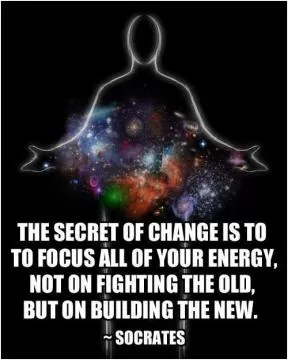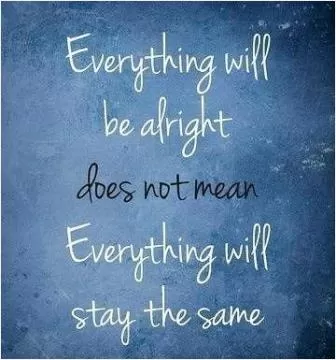Saying sorry doesn't mean a thing when you don't change your actions

Saying sorry doesn't mean a thing when you don't change your actions
The phrase "saying sorry doesn't mean a thing when you don't change your actions" holds a significant amount of truth when it comes to the topic of apologies. Apologizing is a crucial aspect of human relationships, as it allows individuals to acknowledge their mistakes and take responsibility for their actions. However, simply uttering the words "I'm sorry" without making any effort to change one's behavior can render the apology meaningless.When someone apologizes for their actions, it is expected that they will make a conscious effort to rectify their behavior and avoid repeating the same mistake in the future. This is because apologies are not just about words; they are about actions and intentions. Saying sorry is only the first step in the process of making amends and rebuilding trust with the person who has been wronged.
If someone continues to engage in the same hurtful behavior after apologizing, it shows that their apology was insincere and lacking in genuine remorse. It demonstrates a lack of respect for the feelings of the other person and a disregard for the impact of their actions. In this case, the apology becomes nothing more than empty words, devoid of any real meaning or significance.
Changing one's actions after apologizing is essential for repairing damaged relationships and demonstrating a commitment to personal growth and self-improvement. It shows that the individual is willing to learn from their mistakes and make a genuine effort to do better in the future. Without this follow-through, apologies lose their effectiveness and credibility, leaving the other person feeling unheard and unvalued.












 Friendship Quotes
Friendship Quotes Love Quotes
Love Quotes Life Quotes
Life Quotes Funny Quotes
Funny Quotes Motivational Quotes
Motivational Quotes Inspirational Quotes
Inspirational Quotes